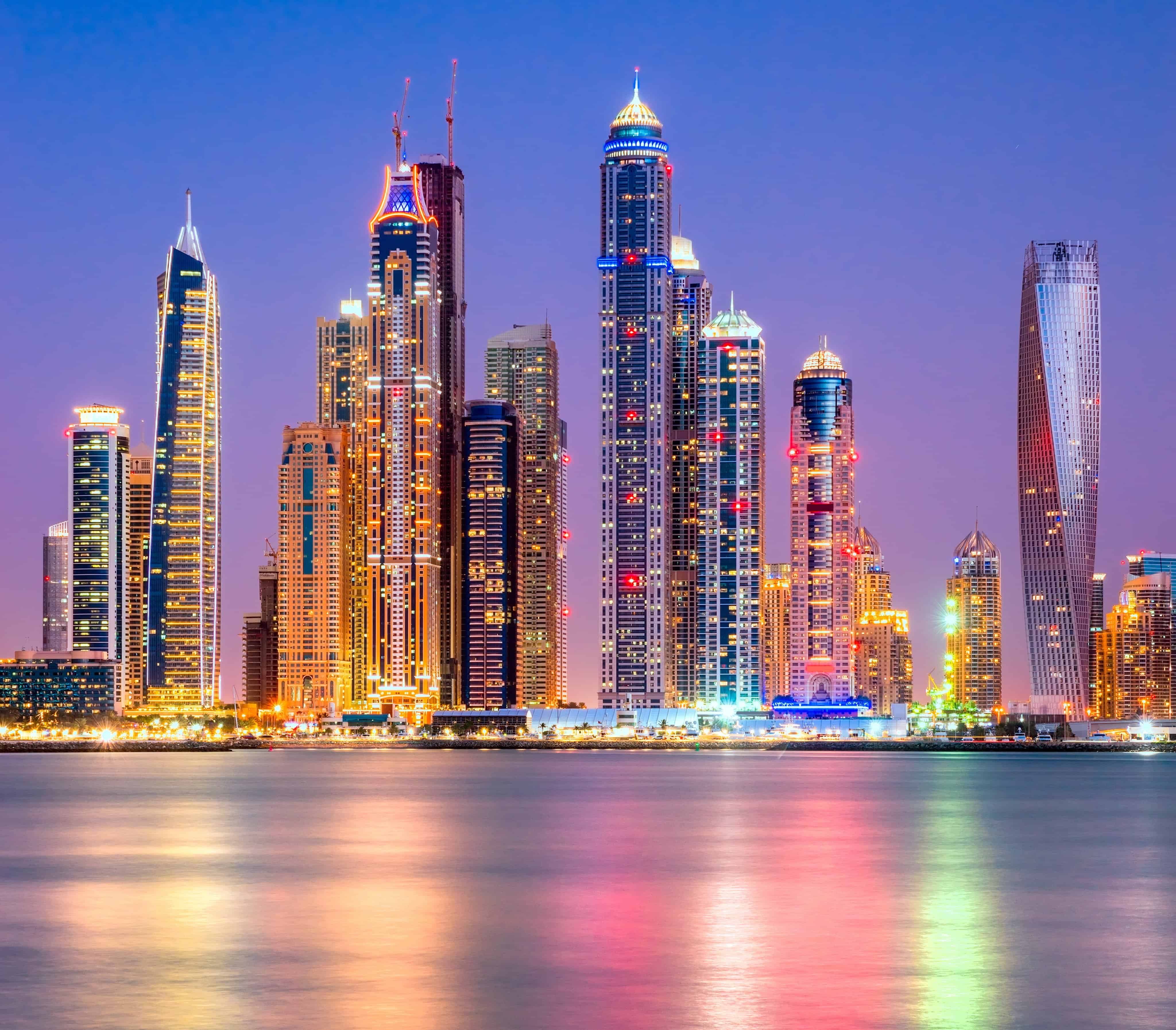The UAE’s hotel market performed strongly in the first quarter of this year, supported by Expo 2020 Dubai and returning international visitors, according to JLL’s Q1 2022 UAE market overview report.
The uplift in overall performance was primarily driven by beachfront and luxury developments, which have been benefitting from strong leisure demand. Moreover, both upper-upscale and midscale hotels saw higher average daily rates (ADR).
“Post-pandemic, operators may look towards adopting a more robust revenue management strategy to help owners achieve a higher bottom line,” Khawar Khan, Head of Research for the Middle East, Africa and Turkey region at JLL, said. “The resultant short-term impact may be a small dip in performance but it should ultimately lead to improvements in the longer term.”
In the office market, building on the momentum seen in the final quarter of last year, rents in well-managed quality office buildings continued to perform well.
In Dubai, average Grade A rents in the CBD were up 9 percent year-on-year (YoY), to about AED1,840 per sq. m. per annum in Q1 2022. On the same basis, Grade A rents in Abu Dhabi rose by 5 percent to an average of AED1,650 per sq. m. per annum.
Financial and technology firms remain the main drivers of demand for Grade A office space, with a majority of leases being signed by occupiers active across those sectors.
In the residential market, construction activity continued in earnest as improving sentiment and rising demand from investors and end-users alike provided developers with renewed impetus to deliver projects. Over the remainder of this year, an additional 42,000 units are expected to be completed. Improving tenant demand for residential units broadly underpinned the annual increase in rents in February, of 11 percent in Dubai and 3 percent in Abu Dhabi.
In the retail market, certain retailers, particularly in the Food and Beverage service, reported robust revenues – exceeding the levels seen prior to the COVID-19 pandemic. On the other hand, consumer spending on luxury goods remained constrained and this was reflected in a broadly flat performance for this segment in Q1.

